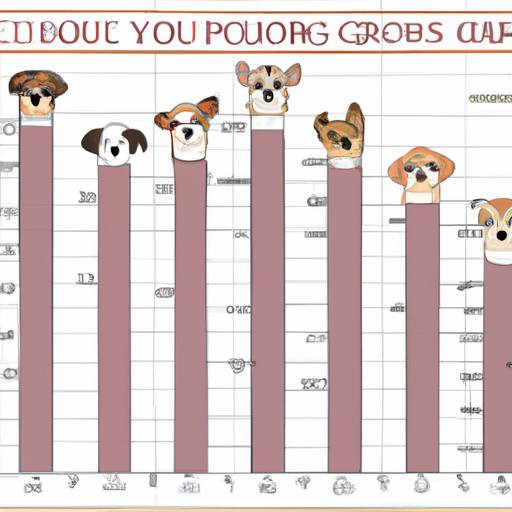“`markdown
When Do Small Dogs Stop Growing
Understanding Your Small Dog’s Growth
As a caregiver, it’s natural for you to wonder when your little pup will stop growing. After all, you’ve watched them transition from a tiny, helpless creature to a playful, active member of your family. Understanding your small dog’s growth and development can help you better anticipate their needs and provide the best care possible.
Let’s dive into the fascinating growth journey of your small dog.
The Puppy Phase: Birth to 3 Months
The first phase of a dog’s life is known as the puppy phase. This is the period from birth until about 3 months of age. During this time, your small dog will grow rapidly. In fact, most small dogs will double or triple their birth weight in just a few weeks!
Here’s a little breakdown of what to expect in the puppy phase:
- First Month: Your puppy will mostly eat, sleep, and grow. Expect a rapid weight gain during this time.
- Second Month: Your pup will start to explore their environment, interact with littermates, and begin to learn basic behaviors.
- Third Month: By now, your puppy is likely to be weaned and eating solid food. This is a crucial time for socialization.
The Juvenile Phase: 3 Months to 6 Months
The next phase of your small dog’s growth is the juvenile phase, which runs from about 3 months to 6 months. During this phase, your small dog will continue to grow rapidly, but the pace will start to slow down a bit.
- Teething: Your pup will start to lose their baby teeth and get their adult teeth.
- Learning: This is a critical time for learning, so it’s a great time to start training.
- Physical Development: Your pup’s coordination and strength will improve, and they’ll be more active and playful.
The Adolescent Phase: 6 Months to Adulthood
From 6 months onwards, your small dog enters the adolescent phase. This is when your small dog will reach their full height. However, they may continue to fill out and gain weight for several months afterwards.
| Age | Milestone |
|---|---|
| 6 to 9 months | Most small dogs will reach their full height |
| 9 to 12 months | Your dog will start to fill out and gain weight |
| 12 to 18 months | Most small dogs will reach their full adult weight |
Adult Phase: When Do Small Dogs Stop Growing?
Most small dogs are considered adults by the time they reach one year of age. By this point, they’ve reached their full height and most of their weight. However, some small dogs may continue to fill out and gain a little more weight until they’re 18 months old.
Frequently Asked Questions (FAQs)
Q: When do small dogs stop growing?
A: Most small dogs stop growing by the time they’re one year old. However, they may continue to fill out and gain a little more weight until they’re 18 months old.
Q: What factors affect a small dog’s growth?
A: Factors that can affect a small dog’s growth include their breed, diet, and overall health.
Q: How can I tell if my small dog is done growing?
A: Your vet can help determine if your small dog is done growing, usually through physical examination and by considering their age and breed.
“`



